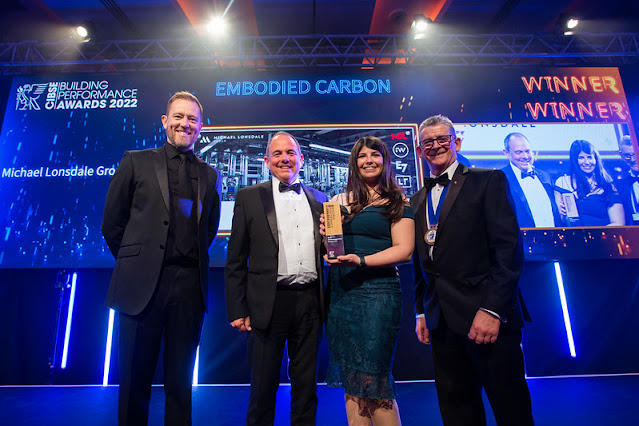A Career as a Digital Engineer
Michael is a Chartered Engineer and has been working as a Mechanical Engineer at Atelier Ten since graduating from the University of Leeds in 2015. More recently, Michael has taken on the role of Digital Lead at Atelier Ten. He is a member of the CIBSE Society of Digital Engineering (SDE) Steering Group and a member of the Digital Innovations working group. Michael is also a committee member of the CIBSE YEPG and looks after the social media
content for the group.
What do digital engineers do?
Digital engineers primarily work with data integration
within the traditional design and construction process, also known as Building
information modelling (BIM). There are many benefits to BIM, including
improvements to coordination and communication, risk mitigation, cost certainty
and ultimately better outputs. In addition to working with BIM, a digital engineer
may also look at improving workflows and processes within their organisation,
which could be something as simple as a new Excel tool.
Tell us a typical challenge of your work.
I work with a number of different teams including the
engineering, production (CAD/Revit) and environmental teams to identify
processes and workflows that we can optimise. Typically, we are looking for
time consuming or repetitive tasks that can be better performed by the computer,
to allow us to spend more time where we bring value. We recently took part in
the Society of Digital Engineering’s One Working Day Challenge, in which we
were tasked with producing a concept design in one day. The challenge focused
on design automations and methods of remote working (particularly relevant this
year!) and it was a great opportunity for us to test our tools and workflows.
Why did you choose this role?
Having spent time working in the BIM team at Atelier Ten as
part of my Graduate rotation, I wanted to continue with developing some of the
work I had started. I enjoy the problem-solving nature of these challenges and
I like being able to see the benefit in our output. As a mechanical engineer, I
saw a great opportunity in digital engineering and I am already seeing the benefits
it is bringing to the company.
What degrees could be suitable for this industry?
A number of engineering degrees could be suitable, and not
necessarily of a Building Services bias. Having a background in Mechanical,
Electrical or Environmental engineering would certainly give you the
transferable skillset to become a Digital Engineer.
CIBSE Membership is free for full-time students and heavily discounted for those in part-time education
Join Now
- Unlimited downloads of guides, research papers and publications from the Knowledge Portal
- A monthly digital subscription to the CIBSE Journal
- Access to on-demand learning content including webinars, video presentations and live events.
- Be supported in your early career by the CIBSE Young Engineers Network (YEN)



.png)


Comments
Post a Comment